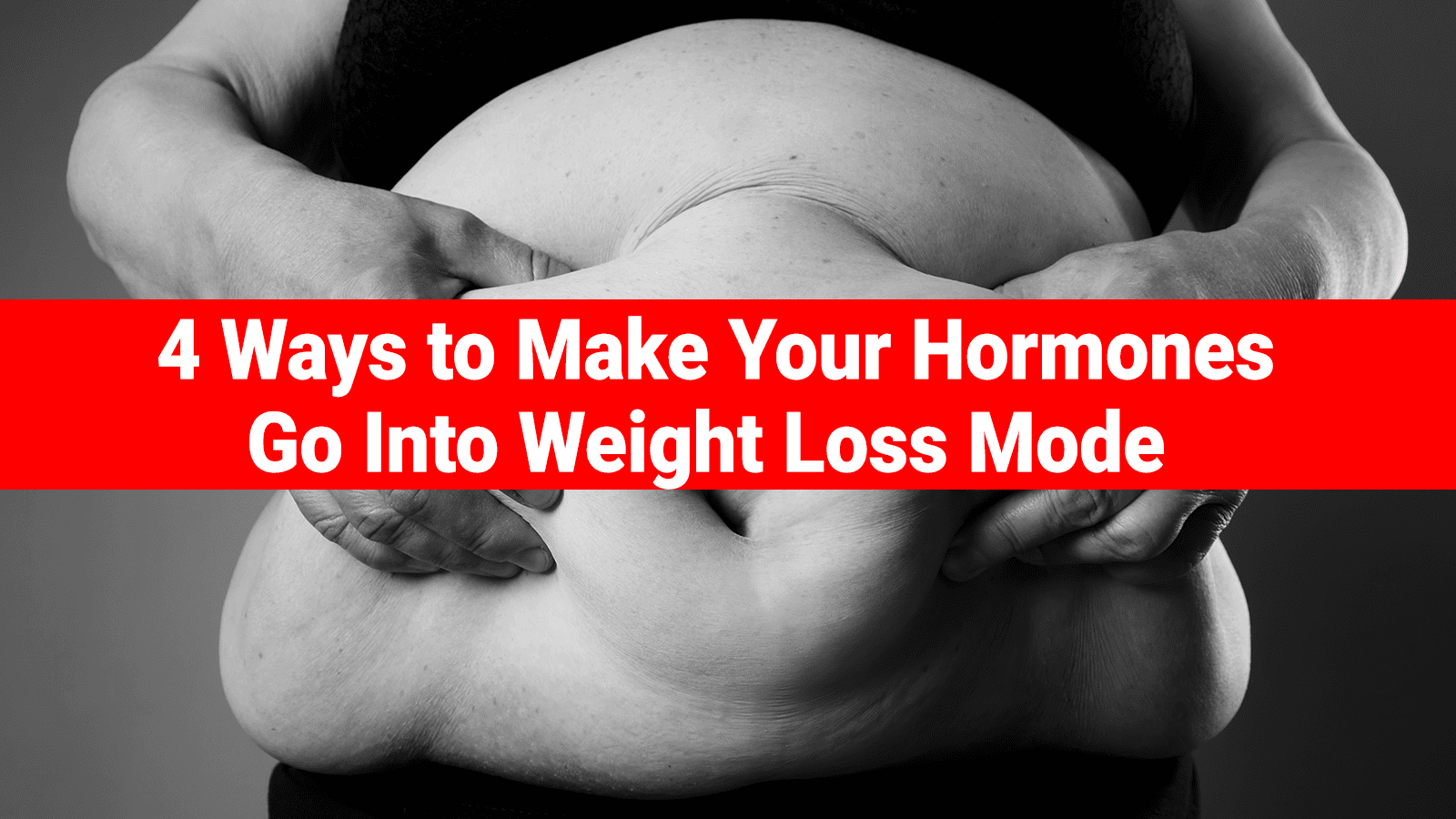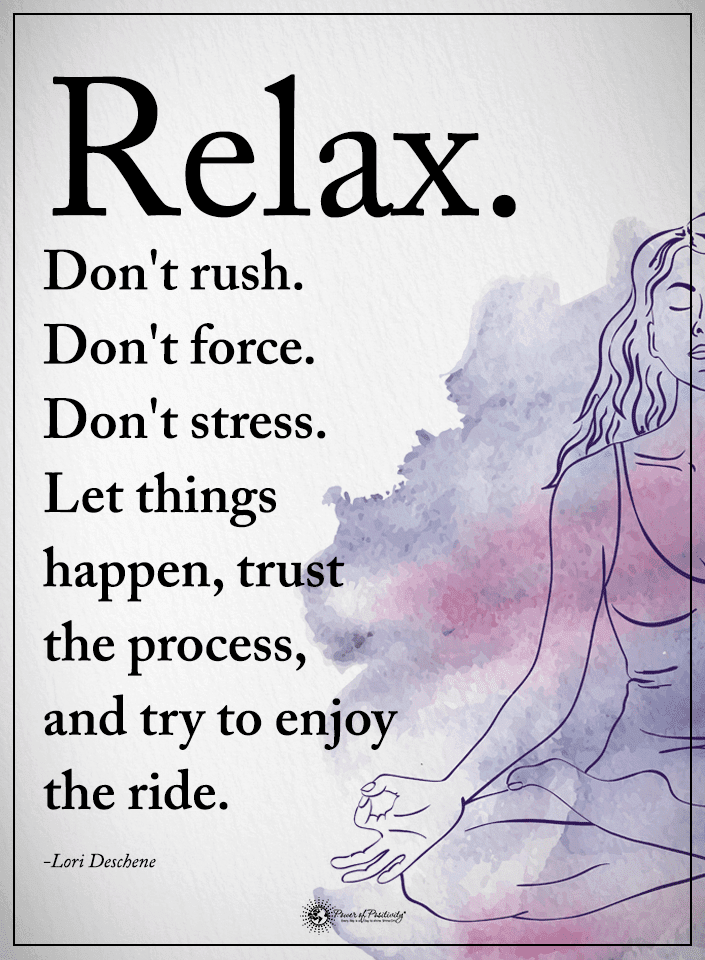Truth be told, losing weight – and keeping it off – is one of the hardest things that a person can do. And the immense amount of misinformation pertaining to the subject makes it even more difficult. Not to mention those so-called health gurus promising the latest and greatest “weight loss secret,” usually by promoting their latest how-to-lose-weight-fast product. In other words, it’s more about profits and less about health – business as usual in the so-called weight loss industry.
At this point, it should be common knowledge that there’s more to weight loss (and weight gain) than “just eat right and exercise.” Again, it should be common knowledge, but it’s not.
Genetics, gut health, chronic inflammation, nutrient imbalances, environmental toxins … all of these things influence one’s ability to lose weight. Oh, there’s also the ‘small’ matter of balancing your hormones.
If you take nothing else away from this article, let it be this: all of the factors mentioned above are interconnected. While we will focus more on rebalancing hormones in this article, we’ll also provide some tips that account for all weight loss factors, including exercise and dietary habits.
Getting Your Hormones Into Weight Loss Mode
Hormonal imbalances are an oft-overlooked yet critical component of weight loss – primarily cortisol, insulin, thyroid, and sex hormones (including estrogen and testosterone.) Today, we’re going to discuss four ways to get these hormones into weight loss mode.
1. Get the right amount of nutrients.
It’s no mystery that the health of the thyroid gland is crucial to weight loss. Therefore, we must maintain our thyroid health. A big part of doing so is acquiring the right nutrition in the right amounts.
Hypothyroidism, also referred to as an underactive thyroid, is a disorder featuring the diminished production of the thyroid hormone. Hypothyroidism affects approximately 20 percent of women and 10 percent of men. Too often, the condition goes undiagnosed.
One of the leading causes of hypothyroidism is iodine deficiency. The World Health Organization estimates that over 30% of the global population is iodine-deficient. Other nutrients that affect thyroid health include selenium, zinc, and iron.
- Iodine food sources: seaweed, seafood, dairy, soy, supplements
- Zinc food sources: seafood, poultry, eggs, legumes, soy, supplements
- Iron food sources: beans, legumes, iron-fortified cereals, tofu, supplements
Recommended Daily Intake (RDI): Iodine, 150 micrograms (mcg); zinc, 15 mg; iron, 17-19 milligrams for women, 19-20.5 for men.
2. Limit exposure to stress
A certain level of stress is to be expected. At the right levels, stress can even be healthy for us. However, it is common in today’s “get up and go” society to merely accept excess stress as part of life. This is a mistake – and a potentially costly one.
Prolonged exposure to stress leads to the activation of metabolic resistance pathways, often causing insulin resistance and weight gain. The culprit behind such physical and psychological changes is the hormone cortisol. While a critical hormone for awareness and survival, high cortisol levels disrupt the normal functioning of the metabolic system and slows digestion.
The solution? Avoid unnecessary stress. While everyone is different, commonly-shared stressors include:
- Toxic people
- Unfulfilling work
- Inability to let go
- Regrets about the past
- Financial distress
While a couple of these may be beyond your control at the moment, you do have alternatives to accepting unnecessary stress. We’re going to talk about relaxation techniques next.
3. Practice “active relaxation” every day.
Please understand this crucial point: you (and only you) can control your mind. It sure as heck doesn’t seem that way, does it? The reason is that we humans are afflicted with what the Japanese call “monkey mind.” Similar to how a monkey hops, moves, and swings around – the mind loves to jump from one thought to another to another.
It is also essential to understand the mind and body connection. Tension, shallow breathing, a stiff posture – all of these things directly affect the brain. Make it a practice to sit and stand in an upright and relaxed posture. Ease the tension in your shoulders and muscles. Repeat.
Active relaxation techniques include anything that takes your mind off of things. Get a massage, take a hot bath, or practice deep breathing.
Now, if you are seeking to alter and potentially master your mind, there is nothing better than regular meditation. Meditation is nothing more than paying attention to the present moment, usually while focusing on breathing deeply. Of course, there is much more to the discipline – and there is much to be gained by becoming a skilled practitioner; the most beneficial (and elusive!) being mind mastery.
4. Embrace a lifestyle of balanced diet and exercise.
As stated, diet and exercise are necessary for balancing hormones and weight loss. The problem is that many people think of diet and exercise as a short-term solution to a long-term problem. (“I just want to get this weight off.”)
No, no, no! The key to benefiting from proper exercise and diet is making it a non-negotiable part of your life. In other words, consider it a lifestyle, not a phase. Bearing this in mind, here are some pointers:
- Maintain a balance: eat the right amounts of fats, carbohydrates, and protein. Studies show that a diet high in healthy fats and protein and low in refined carbs (e.g., sugar and starches) is most conducive to overall health.
- Get your fiber: Fiber is necessary for healthy digestion and metabolism. Good sources of fiber include organic fruits and vegetables, whole wheat, bran flakes, and oats.
- Get on the wagon: Too much booze causes all sorts of problems, including hormonal imbalances.
- Try an active hobby: Play basketball, cycle, hike, swim, or something else. Exercise that is tediously boring can make it tough to stick with a routine.


















